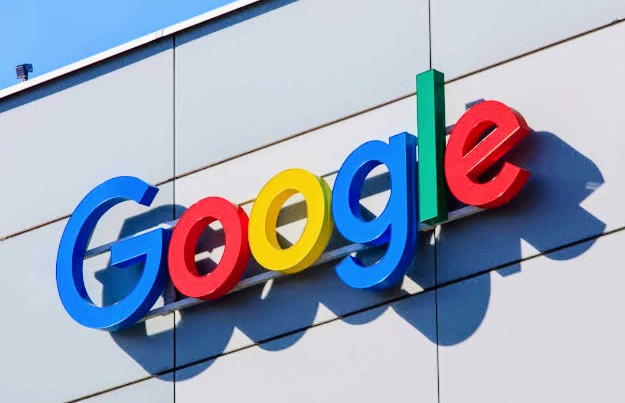U.S. Plans Legal Action to Force Google Divestiture
The U.S. announced on Tuesday that it may seek a court order to force Google, a subsidiary of Alphabet, to divest key parts of its business, such as the Chrome browser and Android operating system, due to claims that they are used to maintain an illegal monopoly in online search.
In August, a judge ruled that Google, which handles 90% of U.S. internet searches, had built an unlawful monopoly. The proposed remedies from the Justice Department could reshape how Americans access information online, potentially reducing Google’s revenue and giving competitors more room to grow.
“Fully addressing these harms requires not only ending Google’s control of distribution today but also preventing it from controlling future distribution channels,” the Justice Department stated.
The measures aim to prevent Google’s dominance from extending into the growing field of artificial intelligence (AI). Prosecutors suggested that the court could also end Google’s practice of making large payments to secure its search engine as the default on new devices.
In 2021 alone, Google paid $26.3 billion to companies like Apple and other manufacturers to keep its search engine pre-installed on smartphones and browsers, thus solidifying its market position.
Google, which plans to appeal, described these proposals as “radical” and claimed they “go far beyond the specific legal issues in this case.”
Google argues that its search engine’s success is due to its quality, asserting that it faces strong competition from platforms like Amazon and that users are free to choose other search engines.
Alphabet, the world’s fourth-largest company with a market capitalization exceeding $2 trillion, is facing increasing legal pressure from competitors and antitrust regulators.
Also Read: Google introduces AI updates to search engine
In a separate case on Monday, a judge ruled that Google must allow more competition in its lucrative app store, Google Play, by making Android apps available from rival sources. Google is also fighting a Justice Department case seeking to dismantle its web advertising business.
To prevent Google’s dominance from extending into AI, the Justice Department may require Google to make its search indexes, data, and AI models available to competitors.
Prosecutors are also considering restricting Google from entering agreements that limit other AI companies’ access to web content and allowing websites to opt out of having their content used to train Google’s AI models.
Google warned that these AI-related proposals could stifle the industry, arguing that government interference could “distort incentives, skew investments, and hobble emerging business models” at a critical time when investment in AI should be encouraged.
The Justice Department is expected to submit a more detailed proposal to the court by November 20, while Google has until December 20 to present its own remedies.
U.S. District Judge Amit Mehta’s ruling in Washington is a significant victory for antitrust regulators, who have pursued a series of ambitious cases against major tech firms over the past four years.
The U.S. has also filed antitrust lawsuits against Meta Platforms, Amazon, and Apple, accusing them of maintaining illegal monopolies.
Some of the Justice Department’s proposed measures to break up Google have gained support from smaller competitors, such as Yelp and the search engine DuckDuckGo.
Yelp, which filed its lawsuit against Google in August, advocates for the separation of Google’s Chrome browser and AI services. Yelp also seeks to prohibit Google from favouring its local business listings in search results.



Comments are closed.